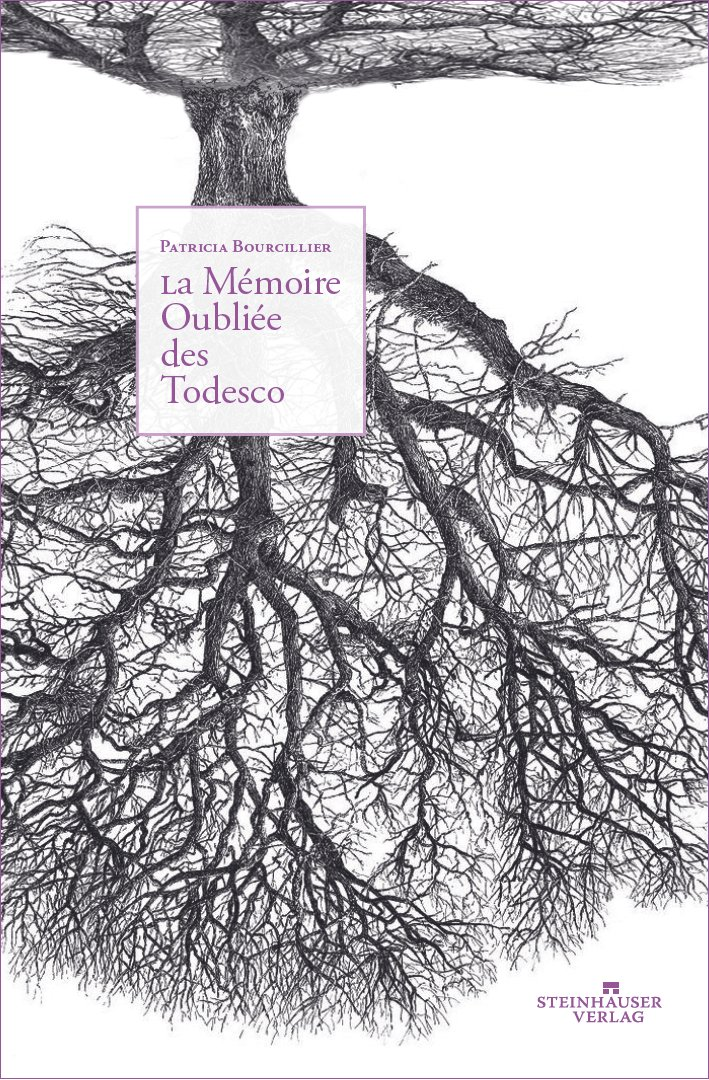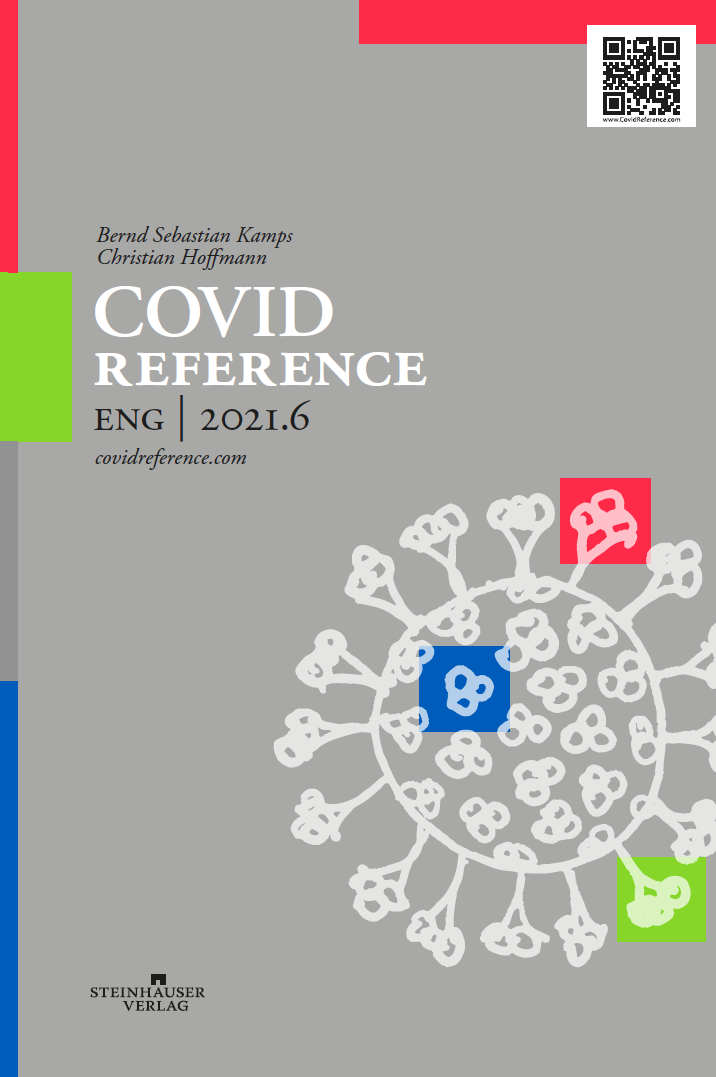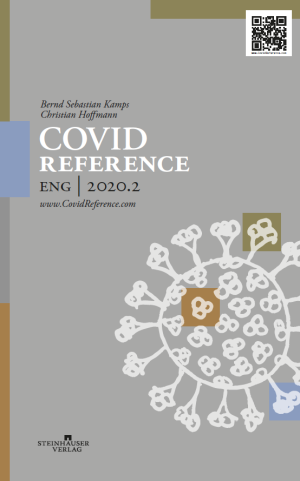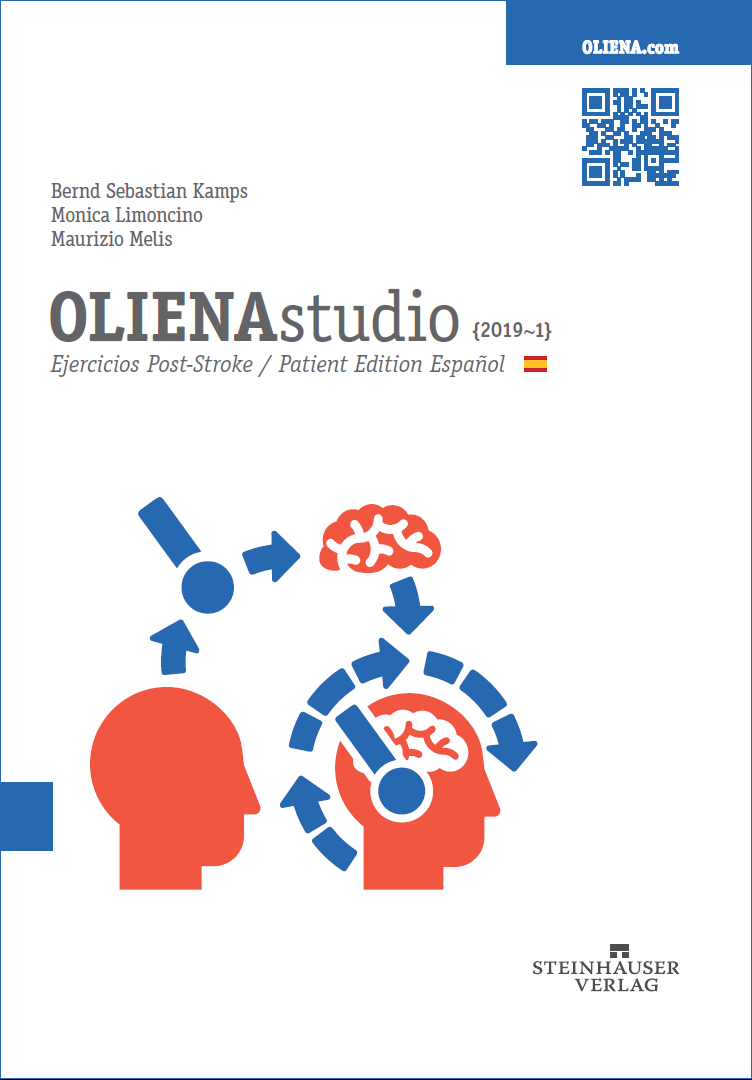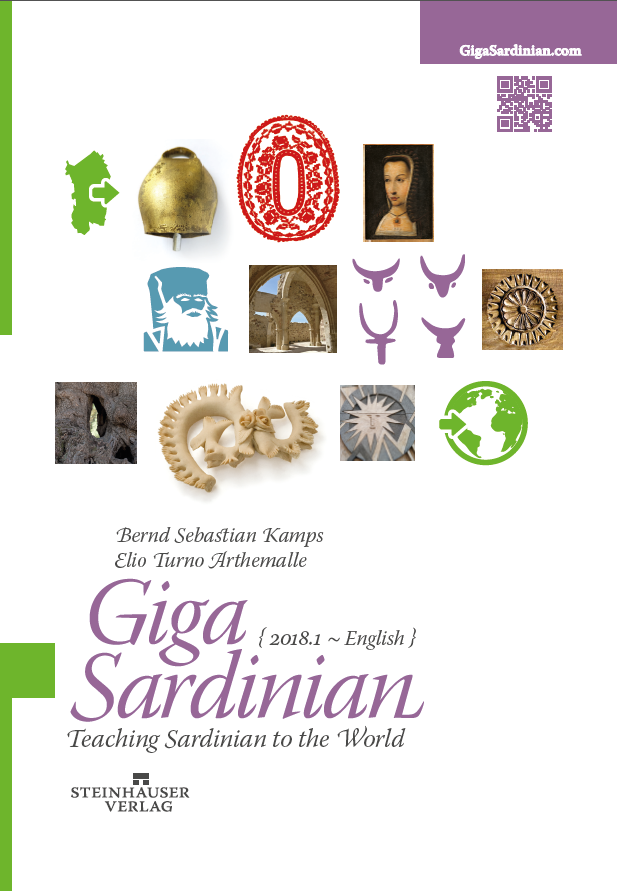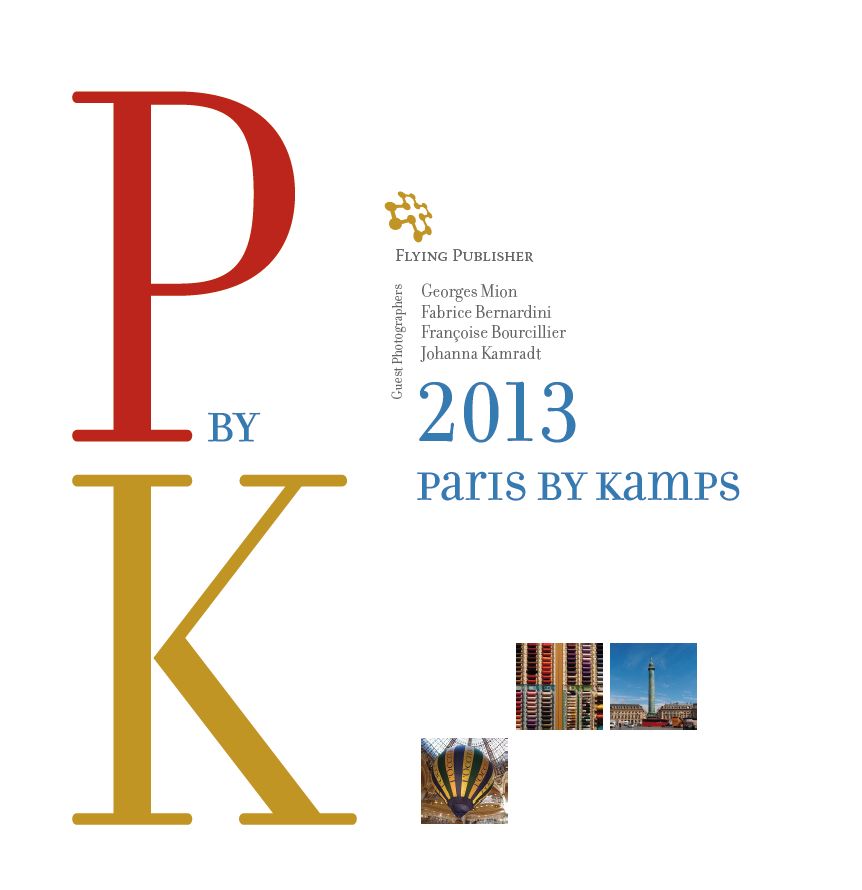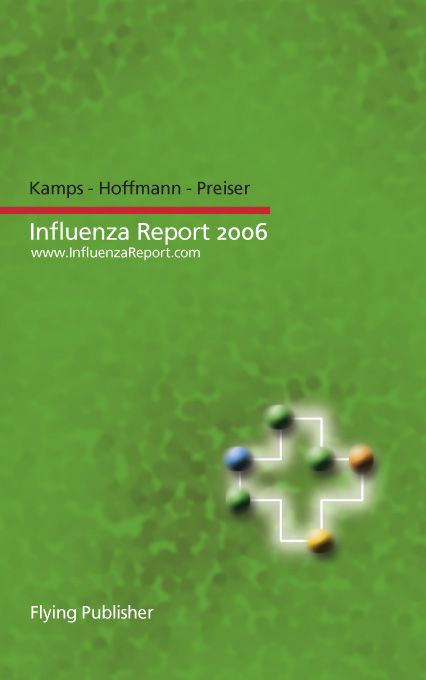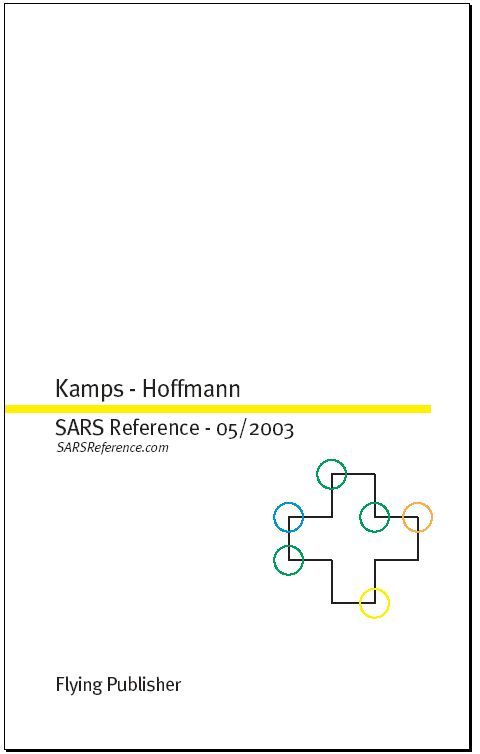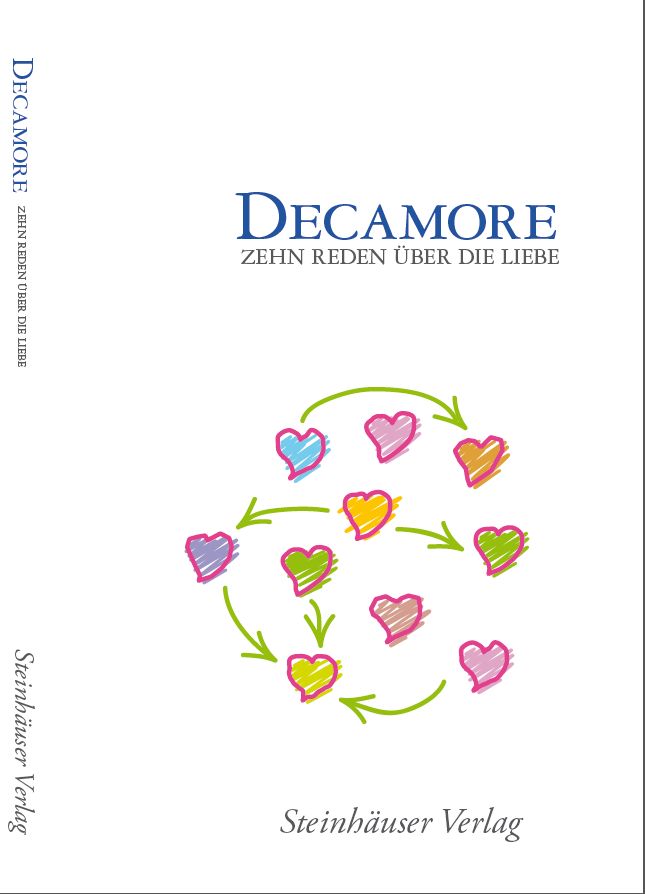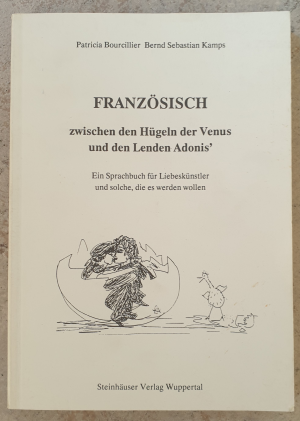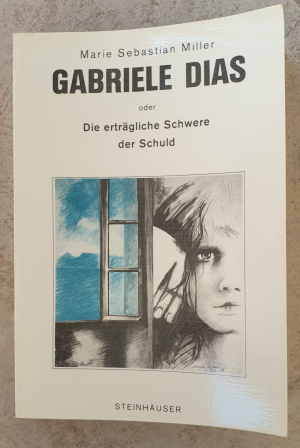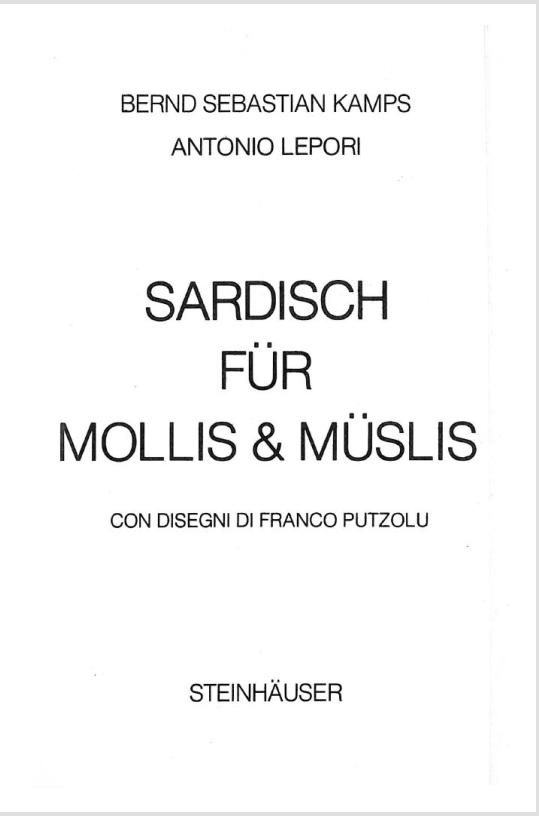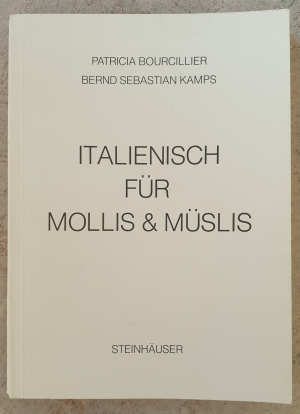Paris, two million in the streets
Charlie Hebdo, il nuovo numero esaurito in edicola e a ruba su eBay
* * *
To acquire the basics of the Italian language, continue with the next episode of Giulia, Giacomo and their friends (‘A1: Love’) and Pennette panna e salmone (‘A2: Italian Cuisine’). Download the audio files from www.4elisa.com and listen until you know them by heart. Then go straight forward to Level 8 in the second volume of ‘Italian with Elisa’.
For a more in-depth coverage of Italian grammar, continue with sections B, ‘Action Words’, C, ‘Words’, D, ‘Rules’, etc.
In this level, you’ll explore the third and last Group of action words, those ending in –ire; take a first glance at the passive voice of action words (‘The boy was bitten by a rat’); and discover some important grammar phenomena you haven’t seen yet.
After 7 levels of concentrated Italian grammar, you will be ready to start exploring the Italian language all by yourself and read your first newspaper articles!
Let’s go!
A1. Love (7)
Normal Speed
Slow Speed
Sara’s Birthday party. All actors are present. The outcome? Uncertain…
| Maurizio: Che piacere vederti, Giulia. Ti ricordi quella domenica? Hai preso una decisione? Viene a passare il prossimo weekend con noi nella casa al mare? |
M.: Nice to see you, Julia. Do you remember that Sunday? Have you made a decision? Will you come and spend next weekend with us at the beach house? |
| Giulia: Vediamo. Ne parleremo un altro giorno, va bene? |
G.: We’ll see. Let’s talk another day, okay? |
| Sara: Giulia, vieni, aiutami a preparare la torta. |
S.: Giulia, come over, help me prepare the cake. |
| Luca: Giacomo, avviciniamoci agli altri. Sara dovrà spegnere le candeline. |
L.: Giacomo, let’s go nearer the others. Sara is going to blow out the candles. |
| Giacomo: Si, vengo. Però cerchiamo di evitare Giulia e Valeria. |
G.: Yes, I’m coming. But let’s try to avoid Julia and Valeria. |
| Giulia: Sara, ti prego, tienimi lontana da Giacomo. Voglio evitarlo a tutti i costi. |
J.: Sara, please, keep me away from Giacomo. I want to avoid him at all costs. |
| Sara: Ragazzi, spegnete le luci. Devo soffiare 21 candeline. Non ce la farò mai! |
S.: Guys, turn off the lights. I have to blow out 21 candles. I’ll never make it! |
Sara blows her candles out. Cries, laughter, jokes. When the lights come on again, Valeria stands behind Giacomo and whispers something in his ears. The eyes of Giulia and Giacomo meet.
Words
|
il piacere |
pleasure |
|
ricordarsi |
to remember |
|
prendere (p.p.: preso) |
to take |
|
la decisione |
decision |
|
passare |
to spend |
|
prossimo |
next |
|
va bene? |
okay? |
|
aiutare |
to help |
|
la torta |
cake |
|
avvicinarsi |
to go near, get close |
|
dovrà |
he/she will have to |
|
spegnere (p.p.: spento) |
to blow out, put out |
|
la candelina |
candle (on the cake) |
|
cercare di |
to try to |
|
evitare |
to avoid |
|
pregare |
to beg, implore; pray |
|
tenere |
to keep |
|
lontano |
distant, faraway |
|
a tutti i costi |
at all costs |
|
la luce |
light |
|
soffiare |
to blow |
|
non ce la farò mai |
I’ll never make it |
A2: Italian Cuisine (7)
Normal Speed
Slow Speed
Pennette panna e salmone
|
Per 4 persone: 500 g di mezze penne. Condimento: 30 ml di olio d’oliva, due scalogni, 1 cucchiaio di prezzemolo tritato finemente, un barattolo di spuma di salmone, 2 fette di salmone affumicato tagliate a pezzi piccoli, 100 ml di latte, 100 ml di panna da cucina, un bicchierino di grappa, pepe, sale, 20 g di parmigiano grattugiato. |
For 4 people: 500 g of mezze penne. Dressing: 30 ml of olive oil, two shallots, 1 tablespoon of finely chopped parsley, a can of salmon mousse, 2 slices of smoked salmon cut into small pieces, 100 ml of milk, 100 ml double cream, a small glass of grappa, pepper, salt, 20 g of grated Parmesan cheese. |
|
Prima emulsionare spuma di salmone, latte, sale e pepe (salsa). Poi, a fuoco medio, far soffriggere in una padella lo scalogno con l’olio d’oliva. Aggiungere prezzemolo e grappa. Dopo due minuti aggiungere la salsa. |
First mix the salmon mousse, milk, salt and pepper (the sauce). Then, over medium heat, fry the shallots in a pan in the olive oil. Add parsley and grappa. After two minutes, add the sauce. |
|
Scolare la pasta al dente, metterla nella padella e girare per 1-2 minuti. Servire e aggiungere il salmone, il pepe e un po’ di parmigiano. |
Drain the pasta al dente, put it in the pan and turn for 1-2 minutes. Serve and add the salmon, pepper and a little parmesan. |
Words
|
la panna |
cream |
|
il salmone |
salmon |
|
lo scalogno |
shallot |
|
il barattolo |
can, tin |
|
la spuma di salmone |
salmon mousse |
|
la fetta |
slice |
|
il pezzo |
piece |
|
a pezzi piccoli |
into small pieces |
|
la panna da cucina |
double cream |
|
il bicchierino |
small glass |
|
la grappa |
grappa, a high-alcohol digestive |
|
emulsionare |
to mix |
|
soffriggere |
to sauté |
|
servire |
to serve |
B. Action Words
Uscire + piacere
{AUDIO} The present tense of uscire to go/come out and piacere to be appreciated.
| uscire to go/come out I go out, etc. |
piacere to be appreciated I am appreciated, etc. |
||
|
io |
esco |
piaccio |
I |
|
tu |
esci |
piaci |
you |
|
lui/lei |
esce |
piace |
he/she |
|
noi |
usciamo |
piacciamo |
we |
|
voi |
uscite |
piacete |
you |
|
loro |
escono |
piacciono |
they |
Riuscire to succeed, to be good at follows the same pattern: riesco-riesci-riesce | riusciamo-riuscite-riescono.
To express that you like someone or something, you’ll use the word piacere. Piacere functions differently from the English to like: When you say, ‘I like that boy’, you are the subject of the sentence and the boy is the object. In Italian, it’s the other way round: the ragazzo is the subject and you are a simple indirect object pronoun, a mere mi. Obviously, what counts in Italian, is the person who is pleasing, pleasant and enjoyable, not the person who is hypnotised by beauty and charm.
|
Mi piace questo ragazzo. |
I like this boy. |
|
Ti piace questa ragazza? |
Do you like this girl? |
|
Mi piacciono questi ragazzi. |
I like these boys. |
|
Ti piacciono queste ragazze? |
Do you like these girls? |
Group 3 Action Words: –ire
Group 3 action words end on –ire in the infinitive – dormire to sleep, scoprire to discover, sentire to hear, to feel – and form the past participle with –ito. Everything’s utterly familiar except the (little used) passato remoto. That’s why we have chosen to present you Group 3 in an abbreviated form.
|
Infinito |
dormire |
|
|
Participio passato |
dormito |
|
|
Gerundio presente |
dormendo |
|
|
Imperativo |
dormi | dorma | dormiamo | dormite | dormano |
|
Presente |
Passato prossimo |
Imperfetto |
|
|
io |
dormo |
ho dormito |
dormivo |
|
tu |
dormi |
hai dormito |
dormivi |
|
lui/lei |
dorme |
ha dormito |
dormiva |
|
noi |
dormiamo |
abbiamo dormito |
dormivamo |
|
voi |
dormite |
avete dormito |
dormivate |
|
loro |
dormono |
hanno dormito |
dormivano |
|
Futuro semplice |
Condizionale pres. |
Passato remoto |
|
|
io |
dormirò |
dormirei |
dormii |
|
tu |
dormirai |
dormiresti |
dormisti |
|
lui/lei |
dormirà |
dormirebbe |
dormì |
|
noi |
dormiremo |
dormiremmo |
dormimmo |
|
voi |
dormirete |
dormireste |
dormiste |
|
loro |
dormiranno |
dormirebbero |
dormirono |
|
Congiuntivo |
Congiuntivo |
|
|
che io |
dorma |
dormissi |
|
che tu |
dorma |
dormissi |
|
che lui/lei |
dorma |
dormisse |
|
che noi |
dormiamo |
dormissimo |
|
che voi |
dormiate |
dormiste |
|
che loro |
dormano |
dormissero |
Translation of the 1st person singular
|
Presente |
I sleep |
|
Perfetto |
I slept |
|
Imperfetto |
I slept I was sleeping |
|
Futuro semplice |
I will sleep |
|
Condizionale presente |
I would sleep |
|
Passato remoto |
I slept |
|
Congiuntivo presente |
(that) I sleep |
|
Congiuntivo imperfetto |
(that) I slept |
{AUDIO} Please build the presente and passato prossimo sextets of
|
partire |
to leave |
|
sentire |
to hear; to feel |
|
scoprire |
to discover |
|
divertire |
to amuse |
|
servire |
to serve; to be needed |
The following action words are irregular and will be presented later. However, please start memorizing the 1st person singular of the presente and the passato prossimo.
|
Presente, |
Passato prossimo |
||
|
apparire |
to appear |
appaio |
sono apparso |
|
scomparire |
to disappear |
scompaio |
sono scomparso |
|
morire |
to die |
muoio |
sono morto |
|
salire |
to go up, increase |
salgo |
sono salito |
Finally, a small group of Group 3 action words has a slightly modified presente and congiuntivo presente. They include capire to understand, agire to act, to behave, and finire to finish, to end. All singular forms and the 3rd person plural insert –isc– between the root and the ending:
|
Infinito |
capire |
|
|
Participio passato |
capito |
|
|
Gerundio presente |
capendo |
|
|
Imperativo |
capisci | capisca | capiamo | capite | capiscano |
| Presente I understand, etc. |
|
|
io |
capisco |
|
tu |
capisci |
|
lui/lei |
capisce |
|
noi |
capiamo |
|
voi |
capite |
|
loro |
capiscono |
|
Congiuntivo (that) I understand, etc. |
|
|
che io |
capisca |
|
che tu |
capisca |
|
che lui/lei |
capisca |
|
che noi |
capiamo |
|
che voi |
capiate |
|
che loro |
capiscano |
The following action words follow the same pattern:
|
agire (-isc-) |
to act, behave |
|
reagire (-isc-) |
to react, respond |
|
finire (-isc-) |
to finish, end |
|
suggerire (isc-) |
to suggest |
Congiuntivo
{AUDIO} We’ll never get tired of repeating: The congiuntivo is used after action words that express doubts, thoughts, wishes, beliefs, and worries, in other words, after action words that express the idea that things may or may not happen; that things could happen or not; or that things could have happened or not. In Level 6, you saw prima che… before, a meno che… unless…, nel caso che… in case… Here are some impersonal verbs that require the congiuntivo:
|
Sembra che… |
It seems that… |
|
Pare che… |
It seems that… |
| Bisogna che… |
It’s necessary that… |
|
Si dice che… |
It is said that… |
|
Basta che… |
It’s enough/sufficient that… |
and some impersonal constructions followed by che
|
È meglio che… |
It’s better that… |
|
|
Non è giusto che… |
It’s unfair that… |
|
|
Il fatto che… |
The fact that…/ That… |
|
|
È un peccato che… |
It’s a pity that… |
|
|
È necessario che… |
It is necessary that… |
|
You will find a detailed discussion of the congiuntivo in Level 9.
Passivo
{AUDIO} When you say ‘Mary washed the boy’ or ‘Joe caressed the girl’, you use so-called active sentences where Mary and Joe are the subjects and do the action. However, you can describe the same facts by emphasizing instead the boy and the girl being washed or caressed, saying ‘The boy was washed by Mary’ and ‘The girl was caressed by Joe’. Now, the boy and the girl who receive the action are the subject of the sentences. We call these sentences passive sentences.
Building the passivo is easy. You take essere + the participio passato of the action word and use da by to specify where the action comes from. As essere is part of the formula, the participio passato follows the o-a | i-e scheme and agrees in gender and number with the subject.
The most important passive tense is the passato prossimo of which we will give you some examples. For a complete discussion of the passivo, please check out Level 11.
|
Attivo |
Passivo |
|
Le campane mi hanno svegliato. |
Sono stato svegliato dalle campane. |
|
The bells woke me up. |
I was woken up by the bells. |
|
Mia madre mi ha picchiata (girl). |
Sono stata picchiata da mia madre. |
|
My mother beat me. |
I was beaten by my mother. |
|
Le nostre ragazze ci hanno lavati. |
Siamo stati lavati dalle nostre ragazze. |
|
Our girls washed us. |
We have been washed by our girls. |
C. Words
Preview of Level 8
Not yet available.
D. Rules
Adverb
{AUDIO} An adverb is a word that modifies or specifies the meaning of another word: 1) action words, 2) adjectives, or 3) other adverbs. In English, adverbs have often the suffix -ly attached to an adjective: slowly, tragically, surely.
|
Specifying or modifying the meaning of |
||
|
mangiare (action word) |
Mangia lentamente. |
Eat slowly. |
|
comico (adjective) |
Sei tragicamente comico. |
You are tragically funny. |
Most adverbs are made by adding –mente
1. to the feminine form of Group 1 adjectives which end in –o: raramente rarely, lentamente slowly.
2. to the singular form of Group 2 adjectives ending in –e: velocemente rapidly,
Exception 1: Adjectives whose last syllable is either –le or –re (like: generale, speciale, particolare) drop the final e: generalmente, specialmente, particolarmente.
Exception 2: Very few adverbs are irregular, for example leggermente slightly and altrimenti otherwise.
Exception 3: In some very rare cases, an adjective functions like an adverb without changing its form:
|
Elisa corre veloce. |
Elisa runs fast. |
|
Se non parli chiaro, nessuno ti capirà. |
If you do not speak out, nobody will understand you. |
A few Italian adverbs are not formed from adjectives. Some of them are used frequently:
|
sempre |
always |
|
già |
already |
|
ancora |
still |
|
insieme |
together |
|
contro |
against |
|
dopo |
then, afterwards |
|
fuori |
outside |
More adverbs will be presented in Level 12.
Comparisons and Superlatives
{AUDIO} The following sentences give you the recipe for comparing two persons or things. The formula is easy to remember:
| più … di |
more … than |
|
meno … di |
less … than; |
Elisa corre più veloce di Colin.
Elisa runs faster than Colin.
Or:
Colin è meno veloce di Elisa.
Colins is not as fast as Elisa.
The superlativo relativo is formed in much the same way.
Elisa è la più veloce.
Elisa is the fastest.
Or:
Fritz è il meno veloce.
Fritz is the slowest.
More about comparisons and superlatives in Level 13.
Ordinal Numbers
{AUDIO} First, second, third, fourth, etc. are ordinal numbers. Here are the first 10:
|
boy |
girl |
|
|
1° |
primo |
prima |
|
2° |
secondo |
seconda |
|
3° |
terzo |
terza |
|
4° |
quarto |
quarta |
|
5° |
quinto |
quinta |
|
6° |
sesto |
sesta |
|
7° |
settimo |
settima |
|
8° |
ottavo |
ottava |
|
9° |
nono |
nona |
|
10° |
decimo |
decima |
As you see, ordinal numbers agree in gender and number with the nouns they modify:
|
il mio primo ragazzo |
my first boyfriend |
|
la mia prima ragazza |
my first girlfriends |
|
il mio quinto marito |
my 5th husband |
|
la mia quinta moglie |
my 5th wife |
Of course, when speaking about more than one boyfriend or girlfriend, you’ll apply the full o–a | i–e scheme:
|
il miei primi ragazzi |
my first boyfriends |
|
le mie prime ragazze |
my first girlfriends |
E. Dialogue
Normal Speed
Slow Speed
|
Secondo te, cosa ci riserva il futuro? |
In your opinion, what does the future hold? |
|
Infinite cose belle, per esempio il secondo volume di ‘Italian with Elisa’ con i livelli da 8 a 14 che sarà pubblicato alla fine dell’anno. Non vedo l’ora di continuare lo studio della lingua italiana con Elisa. Avremo anche aerei più puliti che consumeranno meno kerosene e che ci porteranno in giro per il mondo. Infine, prenderemo un astronave per colonizzare altri pianeti, a cominciare da Marte. |
Countless beautiful things, like the second volume of ‘Italian with Elisa’ with levels 8 to 14 to be published at the end of the year. I can’t wait to continue the study of the Italian language with Elisa. We’ll also have cleaner aircraft that will consume less gas and take us around the world. Finally, we’ll be able to take a spaceship and colonize other planets, beginning with Mars. |
|
Mi stai prendendo per il culo? |
Are you taking the piss out of me? |
|
Non oserei mai, lo sai benissimo. Tu, invece, come vedi il nostro futuro? |
I wouldn’t dare, you know that very well. You, on the other hand, how do you see the future? |
|
Forse con qualche problemino qua e là, non ti pare? |
Maybe with some problems here and there, don’t you think? |
|
In effetti, fa sempre più caldo. In Sardegna abbiamo avuto l’autunno più gradevole degli ultimi 35 anni. |
Indeed, it’s increasingly hot. In Sardinia we had the most pleasant autumn of the last 35 years. |
|
Non farai il tifo per il riscaldamento climatico solo per fare il bagno fino a Natale? Non è politicamente corretto ed è anche un tantino egoista… |
You aren’t going to root for global warming just because we can bathe in the sea until Christmas? That’s not politically correct and it is even a little selfish… |
|
Va bene, niente tifo per il riscaldamento climatico. Allora parliamo di come dare pranzo e cena a 9 miliardi di persone nel 2050. Il futuro ci darà la possibilità di dimostrare che, con la nostra intelligenza e il nostro senso della collaborazione, siamo capaci di superare qualsiasi sfida. Il genere umano è sublime. |
Okay, no “rooting” for global warming. Let’s talk about how to give lunch and dinner to 9 billion people in 2050. The future will give us the opportunity to prove that, with our intelligence and our sense of collaboration, we are able to overcome any challenge! Mankind is sublime. |
|
Mi stai ancora prendendo in giro… |
You’re still making fun of me… |
|
Mai e poi mai! Le sfide della vita vanno affrontate come si presentano. Lo squilibrio del nostro pianeta ci offre l’opportunità di distinguerci come specie intelligente, lungimirante e razionale. Ci dicono, da quando siamo piccoli, che siamo infinitamente più evoluti di tutti gli altri esseri viventi. Finalmente potremo provarlo! |
Never ever! Life challenges need to be addressed as they come up. The imbalance of our planet offers us the opportunity to distinguish ourselves as an intelligent species, forward-looking and rational. They tell us, since we are young, that we are infinitely more evolved than all other living beings. Finally we’ll be able to prove it! |
Words
|
secondo te |
in your opinion |
|
riservare |
to hold |
|
infinito |
infinite, countless |
|
per esempio |
for example |
|
il livello |
level |
|
pubblicare |
to publish |
|
alla fine di |
at the end of |
|
l’anno |
year |
|
non vedo l’ora |
I can’t wait to |
|
continuare |
to continue |
|
lo studio |
study |
|
la lingua |
language |
|
l’aereo |
aircraft |
|
pulito |
clean |
|
consumare |
to consume |
|
il kerosene |
gas |
|
portare in giro |
to take, carry around |
|
infine |
finally, in the end |
|
l’astronave (m.) |
spacecraft |
|
colonizzare |
to colonise |
|
il pianeta |
planet |
|
a cominciare da |
beginning with |
|
Marte (m.) |
Mars |
|
prendere per il culo |
to take the piss out of me |
|
osare |
to dare |
|
invece |
but; instead; on the other hand |
|
il problemino |
little problem |
|
qua |
here |
|
là |
there |
|
parere |
to seem |
|
non ti pare? |
don’t you think? |
|
in effetti |
indeed |
|
l’autunno |
autumn |
|
gradevole |
pleasant |
|
fare il tifo per |
to root for |
|
il riscaldamento |
warming; heating |
|
climatico |
climactic, weather (as adj.) |
|
fare il bagno |
to bathe |
|
Natale (m.) |
Christmas |
|
corretto |
correct |
|
un tantino |
a little bit |
|
egoista |
selfish |
|
niente tifo per |
no rooting for |
|
allora |
in that case, then |
|
come |
how |
|
dare |
to give |
|
il pranzo |
lunch |
|
la cena |
dinner |
|
il miliardo |
billion |
|
nel 2050 |
in 2050 |
|
la possibilità |
possibility |
|
dimostrare |
to prove |
|
l’intelligenza |
intelligence |
|
il senso |
sense |
|
la collaborazione |
collaboration |
| essere capace di |
to be able, capable of |
|
superare |
to overcome |
|
qualsiasi |
any |
|
la sfida |
challenge |
|
il genere umano |
mankind |
|
sublime |
sublime |
|
prendere in giro |
to make fun of |
|
mai e poi mai! |
never ever! |
|
vanno affrontate |
need to be addressed |
|
come |
here: as |
|
presentarsi |
to arise, come up |
|
lo squilibrio |
imbalance |
|
offrire |
to offer |
|
l’opportunità |
opportunity |
|
distinguersi |
to distinguish oneself |
|
la specie |
species |
|
intelligente |
intelligent |
|
lungimirante |
prescient, forward-looking |
|
razionale |
rational |
|
da quando |
since |
|
piccolo |
here: young |
|
infinitamente |
infinitely |
|
evoluto |
evolved, advanced |
|
tutti gli altri |
all other |
|
l’essere (m.) |
being |
|
vivente |
living |
|
finalmente |
finally |
|
potremo |
we’ll be able to |
F. Results & Preview
Can you say
esco-esci-esce | usciamo-uscite-escono
+
riesco-riesci-riesce | riusciamo-riuscite-riescono
+
piaccio-piaci-piace | piacciamo-piacete-piacciono?
+
dormo-dormi-dorme | dormiamo-dormite-dormono
+
capisco-capisci-capisce | capiamo-capite-capiscono?
Do you remember
|
partire |
to leave |
|
|
scoprire |
to discover |
|
|
divertire |
to amuse |
|
|
scomparire |
to disappear | |
|
salire |
to go up, increase |
|
|
riuscire |
to succeed |
|
+
|
Si dice che… |
It is said that… |
|
Pare che… |
It seems that… |
|
Sembra che… |
It seems that… |
And, of course, you know how to build passive action words: essere + the participio passato + da, where the participio passato agrees in gender and number with the subject (o-a | i-e scheme): Sono stata picchiata da mia madre.
Well, then, you are ready for Level 8 and ready to read your first newspaper articles!
G. Newspaper articles
The following article was published by La Repubblica on January 11th, 2015. Read the text slowly and check the following questions:
1. Do you recognize the contractions of prepositions + articles, such as del, nella, della, dell’, nelle, nel, del, nello?
2. Do you see how the o–i | a–e rule is applied, such as in cifre ufficiali, altre città francesi, milioni di persone, precisi, precedenti, truppe alleate, altre persone, raduni grandi?
3. Have you identified the past participles conclusa, sfilato, affermato?
4. Have you noticed the POPs (personal object pronouns) in si rompono and si ritrovavano?
|
La Repubblica {AUDIO} 11 gennaio 2015 |
La Repubblica Paris, two million in the streets 11 January 2015 |
| PARIGI – La risposta di Parigi, e del mondo, al terrorismo? La “più grande manifestazione nella storia della Francia”, annuncia il Ministero dell’Interno, che diffonde in serata le sue cifre ufficiali: almeno 3,7 milioni di persone nelle strade e nelle piazze di Parigi, nelle altre città francesi e in provincia. Una giornata indimenticabile, conclusa poco dopo le 21, quando le righe si rompono senza alcun incidente, sottolinea la polizia. | PARIS – The response of Paris, and the world, to terrorism? The “biggest demonstration in the history of France”, announces the Interior Ministry, which broadcasts in the evening its official figures: at least 3.7 million people in the streets and squares of Paris, in other French cities and in the province. An unforgettable day, finished shortly after 9:00pm, when the lines break up without incident, emphasize the police. |
|
Secondo il Ministero, a Parigi hanno sfilato tra 1,2 e 1,6 milioni di persone, circa 2 milioni e mezzo nel resto del Paese. Ma lo stesso Ministero ha apertamente affermato che è “impossibile essere precisi” di fronte a una marea umana senza precedenti. L’impressione è che a Parigi in strada fossero in almeno due milioni, più di quanti salutarono l’arrivo delle truppe alleate durante la Seconda Guerra Mondiale. Mentre altre persone, nello stesso momento, si ritrovavano, in raduni grandi e piccoli, a Londra, Berlino, Roma, Madrid, Venezia, Bruxelles, Stoccolma, Atene, Beirut, Gerusalemme, Ramallah, Gaza, Montreal, Buenos Aires, Caracas, Sidney, Tokyo, New York, Washington. |
According to the Ministry, in Paris 1.2 to 1.6 million people marched, (and) about 2 and a half million in the rest of the country. But the same Ministry has openly stated that it is “impossible to be precise” in front of such an unprecedented humanity. The impression is that in Paris in the streets they were at least two million, more than those who greeted the arrival of Allied troops during World War II. While other people, at the same time, found themselves in large and small gatherings in London, Berlin, Rome, Madrid, Venice, Brussels, Stockholm, Athens, Beirut, Jerusalem, Ramallah, Gaza, Montreal, Buenos Aires, Caracas, Sidney, Tokyo, New York, Washington. |
| Copyright 2015 © La Repubblica http://goo.gl/pQE0Vs |
Let’s do the next step: as you recognize most grammar elements, you should now be able to decipher any Italian text. All you need is a dictionary, be it a printed book or a website, for example:
http://www.collinsdictionary.com/dictionary/italian-english
http://www.wordreference.com/iten
http://dictionary.reverso.net/italian-english
The next article was published by Il Corriere della Sera on January 14th, 2015. Mark the words you don’t know, look them up in the dictionary and write the new words and their translation in the second and third columns. Tomorrow and in a week, read the article again and check if you remember all the words.
|
Il Corriere della Sera Charlie Hebdo, il nuovo numero esaurito in edicola e a ruba su eBay {AUDIO} 14 gennaio 2015 |
||
|
All’aeroporto di Orly Sud non si trovava più una copia dalle 5.50 del mattino. Coda ai chioschi di giornali, fin dalle 6, in tutta Parigi. Così arriva la decisione: la tiratura del numero 1178 di Charlie Hebdo arriverà a 5 milioni di copie. Anche in Italia, del resto, gli esemplari allegati a «Il Fatto Quotidiano» erano introvabili in molti rivendite già prima delle 8 del mattino, tanto che il quotidiano ha annunciato la ristampa. Un edicolante si sfrega gli occhi quando arriva, nel XVIII arrondissement, a Pigalle, e trova ad attenderlo, davanti alla saracinesca abbassata, già una coda di una cinquantina di persone, decise a non mollare. L’edicola dirimpetto, che ha aperto prima, ha già fatto il tutto esaurito. |
la coda il chiosco il giornale fin dalle la tiratura del resto l’esemplare allegato introvabile rivendita tanto che quotidiano ristampa edicolante sfregarsi occhio attendere saracinesca abbassare |
queue, line kiosk newspaper right from circulation by the way example, copy |
|
I jihadisti hanno ottenuto questo: un’affannosa corsa dei francesi ad agguantare la propria copia del numero 1178 di Charlie Hebdo. Molti l’avevano previsto e avevano tentato nei giorni scorsi di corrompere il proprio giornalaio: «C’è chi mi ha chiesto di mettergliene da parte 15 copie» racconta un altro edicolante a Montmartre. |
||
| Copyright 2015 © Il Corriere della Sera http://goo.gl/GuIA8Q |
||
That’s how you can continue: Take any text from your favourite topics (medicine, biology, architecture, archaeology, art, literature, physics, chemistry, law, economics, astronomy, palaeoanthropology, world climate, etc.), look up the unknown words and write the translation in the margin of the text. Repeat this for a few dozen articles. You’ll be astonished to see how fast you progress.


